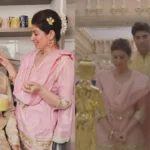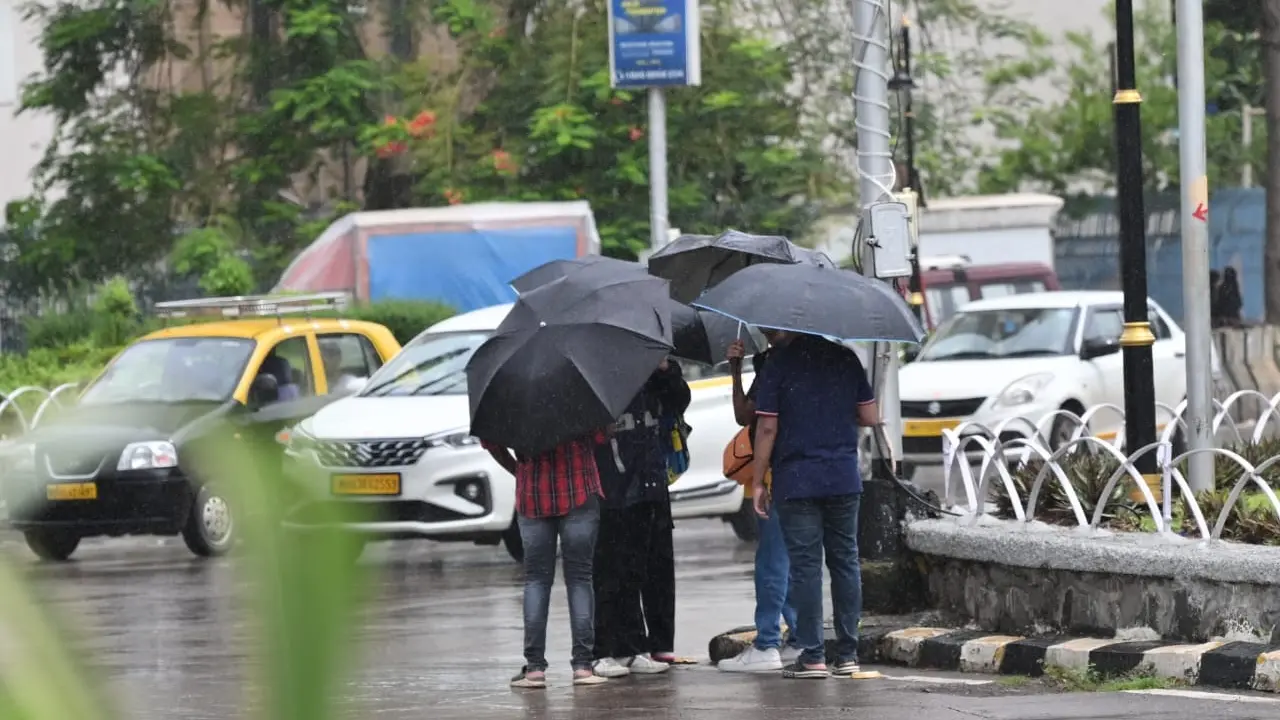While aeroplane accidents are rare, when they do occur, loss of life, tragically, is often witnessed. In such cases, contingency plans detailing how airlines and aviation authorities should react are followed, with first responders always being available to ensure as little harm to human life and surrounding areas occurs, especially on airport premises.
In the last week, the International Air Transport Association (IATA) announced that it has launched a revised Emergency Response Best Practices Handbook (ERP), which includes a chapter detailing how to assist families of victims for the first time.
The IATA Operational Safety Audit (IOSA) is an internationally recognised programme developed by the IATA, where an audit is done to standardise and harmonise auditing standards across the industry and improve airline safety.
While all airlines, airports, and ground handlers’ responsibilities are listed by the International Civil Aviation Organisation (ICAO), which caters to providing care to affected families, the new chapter added to the ERP provides guidance and practical tools to help the stakeholders work better, while aligning with IOSA and ICAO requirements.
Meeting expectations
Nick Careen, IATA’s senior vice-president, operations, safety, and security, said, “Accidents are rare. But when they happen, people are affected — not only those onboard but those waiting on the ground. Those who are impacted must feel supported, informed and respected. This new chapter will help the aviation industry meet those expectations in a timely and effective manner, as documented in ICAO and IOSA standards.”
Grieving relative speaks
Imtiaz Ali, who lost his brother, sister-in-law, nephew, and niece in the Air India Flight 171 crash that occurred on June 12 in Ahmedabad, told mid-day, “We have received a lot of help from the authorities and the airline, but things are moving at a slow pace.” While stating that he wished no other incidents like the crash occur again, he expressed hopes that the new rules would help make the processes smoother. He added, “Though it is important for them to set up such plans, I believe the more important plans should be to avoid crashes in the first place. If they figure out how to make air travel safe, it will be the best thing.”
The protocol
Key requirements of the ICAO guidance material incorporated in IATA’s ERP manual and training are:
Provide timely notification to families before releasing passenger names to the public
Equip airline teams to answer questions and provide information to impacted families
Establish a Family Assistance Centre to provide essential services
Develop procedures for the handling of personal effects
Provide ongoing contact, claims handling, memorial planning, and employee debriefings in the days following the accident











